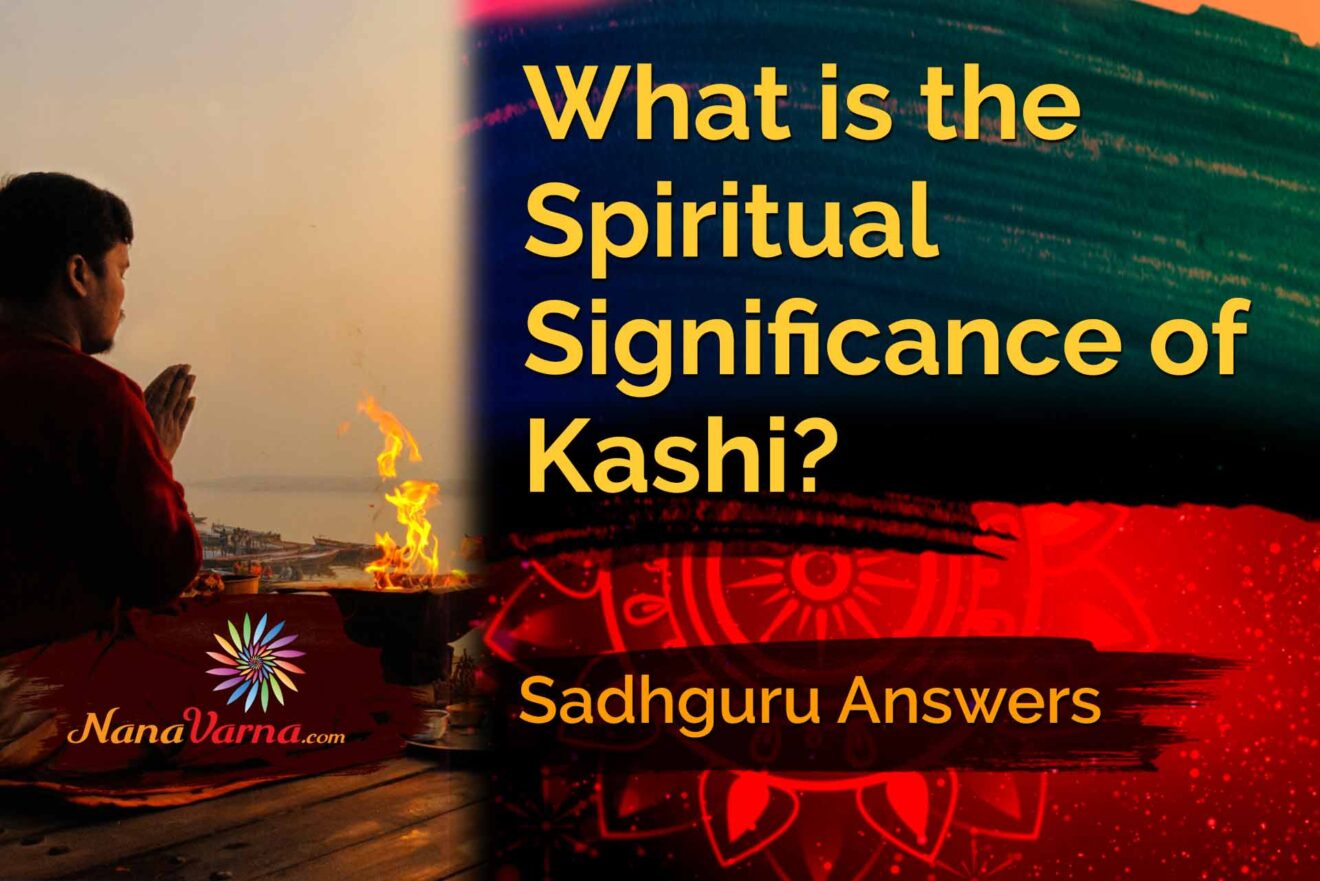Exploring the Spiritual Significance of Kashi
Kashi, also known as Varanasi, is a city that breathes spirituality. Nestled on the banks of the holy Ganges River, it holds a unique place in the hearts of millions of people worldwide. In this article, we will delve into the profound reasons why Kashi is considered one of the most significant and ancient spiritual cities in the world.
A Spiritual Beacon for Millennia: The History of Kashi
Kashi’s Historical Roots:
Kashi’s significance dates back thousands of years. It is believed to be one of the oldest continually inhabited cities globally, with a history that stretches into antiquity.
The City of Lord Shiva:
Kashi is often referred to as the “City of Lord Shiva” because of its close association with this revered Hindu deity. The Kashi Vishwanath Temple, dedicated to Lord Shiva, is one of the holiest shrines for Hindus and a testament to the city’s spiritual heritage.
Ganga’s Sacred Embrace: A Divine Confluence
Spiritual Cleansing in the Ganges:
The Ganges River, considered sacred in Hinduism, flows through Kashi. Pilgrims come to Kashi to immerse themselves in the Ganges, believing that it cleanses them of their sins and paves the way for spiritual enlightenment.
The Spiritual Energy of Ghats:
Kashi boasts numerous ghats (steps leading to the river), each with its unique significance. The Dashashwamedh Ghat, for instance, is famous for the daily Ganga Aarti, a mesmerizing ceremony that draws crowds seeking spiritual blessings.
The Pursuit of Knowledge: Kashi as a Center of Learning
Varanasi’s Academic Heritage:
Kashi has long been a hub of knowledge and learning. It is home to the prestigious Banaras Hindu University (BHU), one of India’s leading educational institutions.
Sacred Literature and Scriptures:
Many ancient texts, including the Vedas and Upanishads, were composed in Kashi. The city’s libraries and scholars have played a pivotal role in preserving and disseminating sacred knowledge.
Moksha and Liberation: Spiritual Journeys in Kashi
Kashi as the Gateway to Moksha:
For devout Hindus, Kashi is believed to be one of the holiest places to attain moksha (liberation from the cycle of birth and death). Dying in Kashi is considered auspicious, as it is believed to lead the soul to moksha.
Spiritual Practices and Rituals:
The city is a haven for spiritual seekers who come to perform rituals, meditate, and seek guidance from learned gurus.
A Melting Pot of Religions: Unity in Diversity
Kashi’s Religious Tolerance:
Kashi is not limited to Hinduism alone. It is a melting pot of religions, where followers of Buddhism, Jainism, Islam, and Christianity have coexisted peacefully for centuries. This religious diversity adds to the city’s rich tapestry of spirituality.
The Sarnath Connection:
Sarnath, located just a few kilometers from Kashi, is where Lord Buddha delivered his first sermon after attaining enlightenment. This further underscores the city’s spiritual significance.
What is the Spiritual Significance of Kashi? – Sadhguru’s perspective
Conclusion: Kashi – Where Spirituality Finds Its Home
Kashi’s significance transcends religious boundaries and speaks to the universal human longing for spiritual fulfillment. Its ancient roots, association with the sacred Ganges, commitment to knowledge, and the promise of liberation make it a city unlike any other. Kashi continues to draw seekers, scholars, and the faithful from all corners of the globe, reinforcing its position as a remarkable spiritual epicenter. It is a place where the spiritual journey unfolds, and where the quest for meaning, enlightenment, and inner peace finds its true home.














